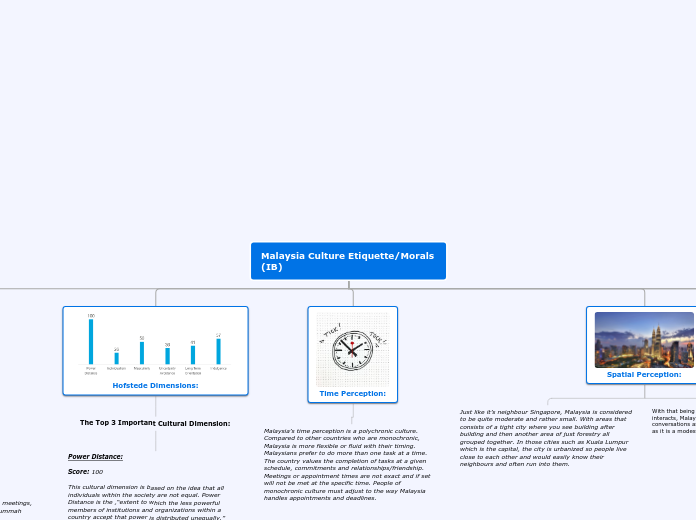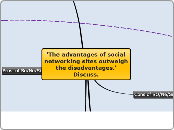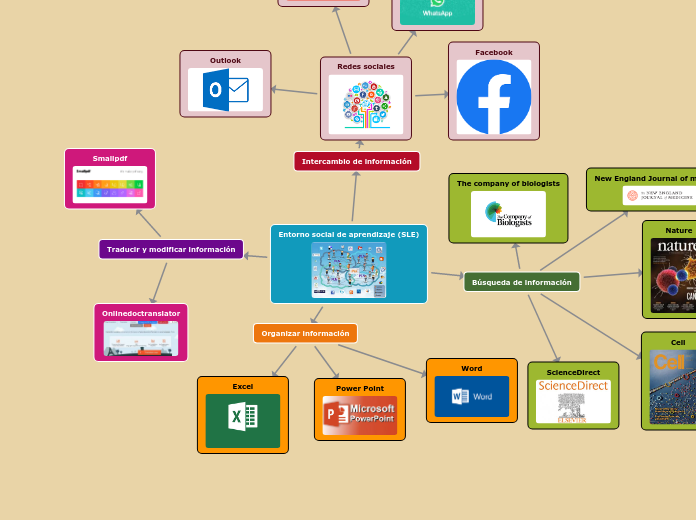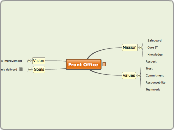作者:Rawan Alakhras - Rick Hansen SS (2542) 6 年以前
1970
Malaysia Culture Etiquette (IB)
In Malaysia, cultural etiquette emphasizes respect and adherence to social norms, deeply influenced by the country’s predominant Islamic values. Physical contact, especially with the opposite gender or strangers, is generally avoided, and touching someone'









